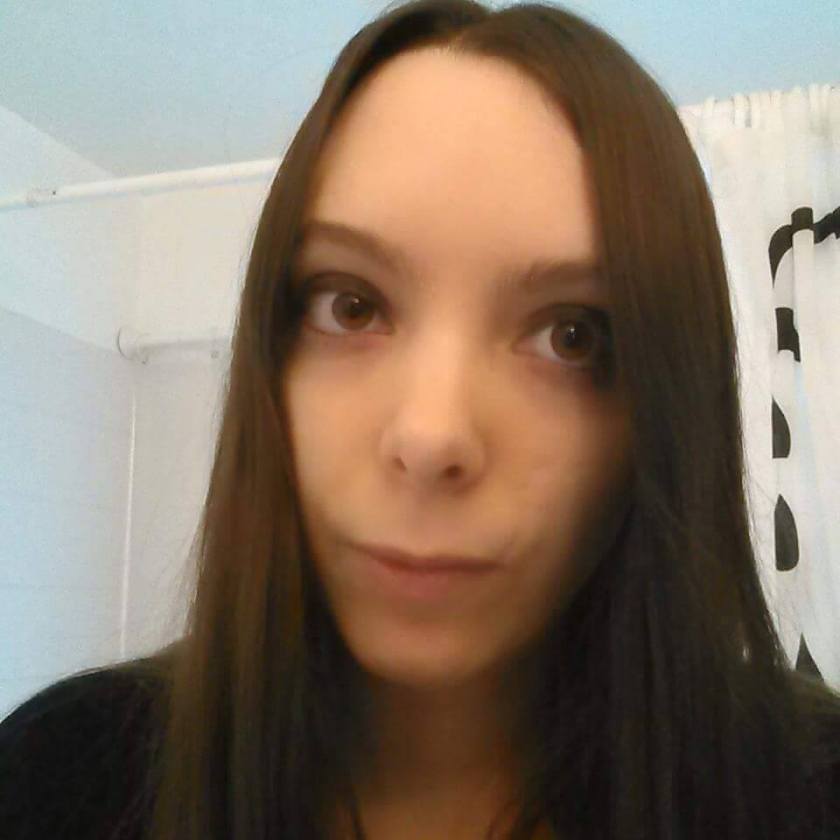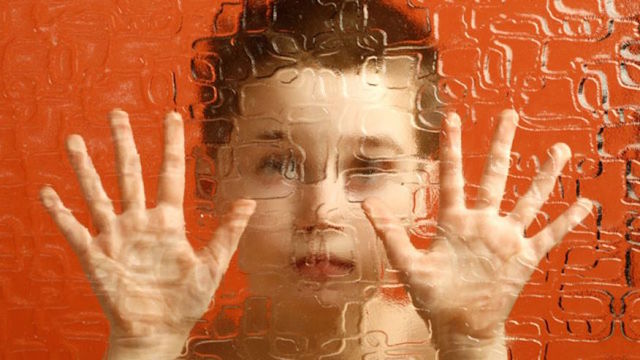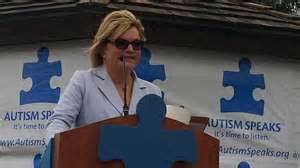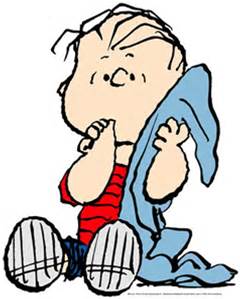This week’s post is yet another interview with a fellow Christian. I’ve chosen fellow autistic Christian and YouTuber Stephanie Bethany.
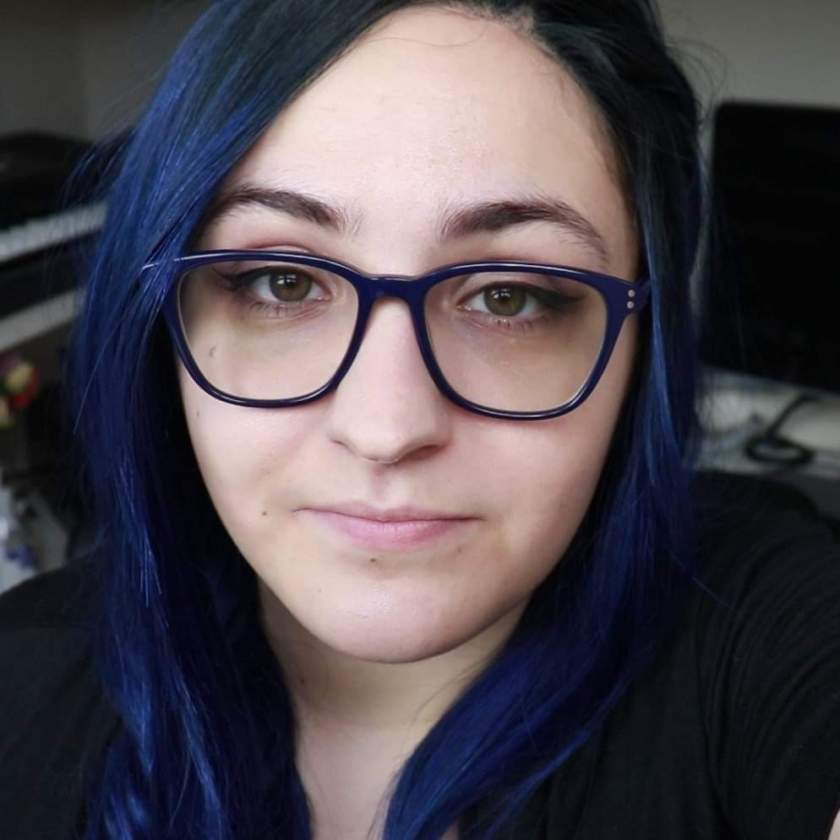
1. What was your childhood like?
My childhood was pretty average, I guess. I grew up with an older and younger siblings in a two-part home for most of it until my parents divorced and a lot of things went sideways. I did well academically in school and was placed in the gifted and talented program, which honestly probably did me a lot of good, since it was an entire day out of the school week that let us work with other bright and off (probably some autistic) students in a creative space. For most of my childhood, my older sibling was my best friend and I’d occasionally make friends with one particular person at school and acquaintances with a few more. I’d grown up in the same school system so I knew most people from being with them all through elementary and such, so I think I had it easier. Once I got into the middle school grades, I didn’t know who was in my class except for those immediately near me, if then. When it came to “friends”, if that was people to talk to in general, I would have appeared to have a lot. But my idea of friends, the people you can actually talk about important things to and hang out with outside of school, I had very few.
2. When were you diagnosed with autism?
- I was diagnosed with autism when I was 23 years old. I had been suspecting for awhile until then, went through a whole crazy process just to get a referral (sadly, mine was probably easier than most). I think the whole process caused a lot of different emotions. When I was researching about it to see if this was, indeed, what was going on with me, I felt seen. But I also felt scared — autism wasn’t a comfortable word. It wasn’t fixable. When I began to realize that this explained so, so much about me, I went through a time of mourning. I was never going to be the person I imagined I’d turn into one day. I wasn’t going to magically develop the same abilities those around me had. Then I went through a time of feeling very displaced, as I began to realize how much I’d lied to myself about people and my experiences. How much I convinced myself that people weren’t really that bad, that I knew the real them –I was just my naïvety being incapable of accepting people I loved could be like that. I realized that people probably saw me as weird and uncomfortable to be around. My whole self-perception as well as perception of what I thought I knew, especially about standing with other people, was very shaken. While there was a sense of relief,of someone actually being able to understand me, of me not just being crazy –it all came with the price of understanding that I had convinced myself of a lie, that I would be someone that I could never be. With my diagnosis, it was permission to talk about it. By that point, I knew I was autistic, but I had to make it through the processes. I finally was allowed to speak about my experiences and what I was learning about, because I didn’t dare talk about it without an official diagnosis because of the pushback. Now, I feel a lot more self-described and feel a lot less self-hatred than I used to. It helped me so much to know why I was the way I was, that certain things had names, and that being autistic wasn’t a death sentence.
3. Why do you post videos about autism? Tell me about your lengthy videos on Autism $peaks and ABA (Applied Behavioral Analysis).
I post videos on autism for many reasons. It’s my form of expression and a way to share what I learn and experience with others. I want people to be able to understand others and themselves more and I believe that making the videos that I do helps facilitate that. It’s also a bit of my own journey of learning who I am and what that means for me and letting other people come along with me, especially if it will help them in their own journeys. Sometimes, when I find out about things, I feel a very strong urgency, as if it’s life or death even, to let the world know. That was the case with my mini-series on Autism $peaks and revealing their past and practices, as well as a two-hour-long video on ABA. I strive to bring a balanced, researched, and understanding view to things, and I felt it was missing in these cases. I felt it was missing in these cases. I felt people needed to be presented with what was truly going on, but not in an extremist way that would stop people who might currently be for these things from listening. I have been moved quite a bit by the impact people have stated the ABA video has had on them, especially when it comes to professionals and parents who have to make decisions regarding therapies and programs.
4. Why are you a Christian?
I’m a Christian because it’s the only thing that has ever really made sense to me. I grew up in a Christian household, and even after it split and we had all sorts of turmoil, I always knew God to be my constant. I know God has been with me in my darkest places and I’ve had very real experiences where God has come through for me or times of intense prayer that can’t be explained away. I know I have peace in Him, and that no matter what I do in life, I need Him with me.
5. What denomination are you?
I actually don’t belong to a denomination. I used to say “non-denominational” since that sounded like what I meant, but I’ve since learned that term can also apply to mixing different things in Christianity, which I don’t follow. For me, I believe the whole Bible, nothing more and nothing less and I’m Spirit-filled.
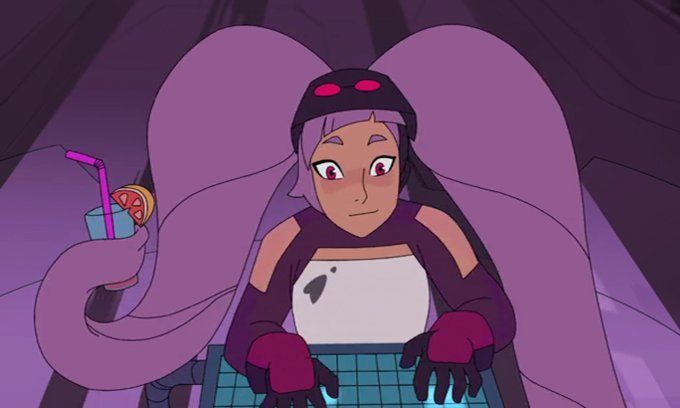
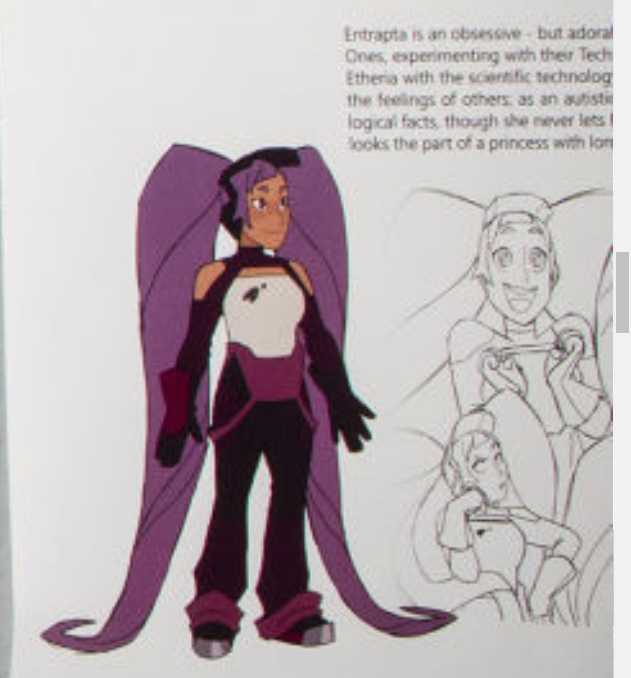
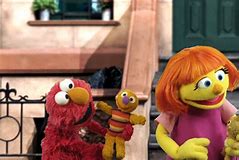
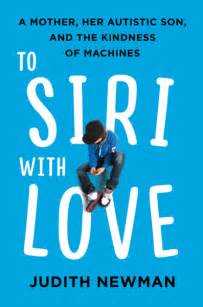 My mom gets Reader’s Digest each month. In the October 2017 issue, they published an excerpt from Judith Newman’s book To Siri With Love. The excerpt piqued my interest, so I borrowed it from the library. On the exact day I started reading it, I saw a campaign on Facebook using the hashtag “#BoycotttoSiri” I read the articles about the book and was heartbroken. This mother can’t be this bad, can she? Spoiler alert–she is.
My mom gets Reader’s Digest each month. In the October 2017 issue, they published an excerpt from Judith Newman’s book To Siri With Love. The excerpt piqued my interest, so I borrowed it from the library. On the exact day I started reading it, I saw a campaign on Facebook using the hashtag “#BoycotttoSiri” I read the articles about the book and was heartbroken. This mother can’t be this bad, can she? Spoiler alert–she is.